That bag of chips might be fueling child labor and deforestation.
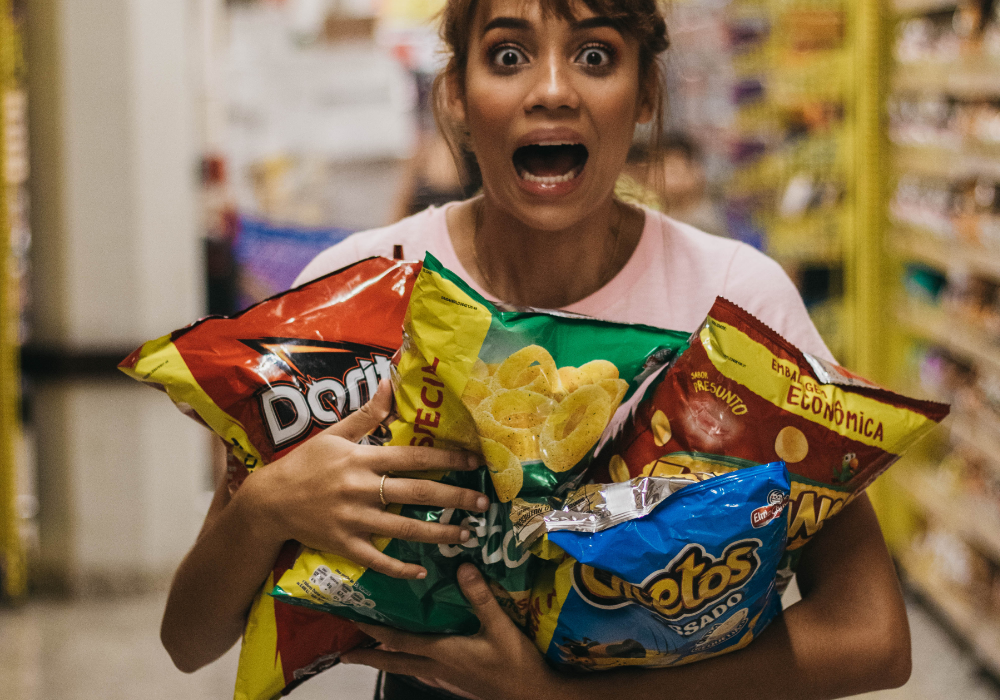
Snacks feel harmless. They’re quick, comforting, and everywhere—from vending machines to your kitchen cabinet. But peel back the shiny packaging, and you’ll find something a lot less appetizing. Behind that candy bar or salty crunch is an industry built on exploitation—of people, land, and entire communities. The food system is designed to be convenient for consumers, but that convenience often comes at the expense of someone else’s safety, health, or dignity.
We don’t think about where our snacks come from because we’re not supposed to. The marketing is fun. The flavors are nostalgic. The sourcing is a mystery on purpose. But the truth is, many of our favorite treats are tied to labor abuses, environmental destruction, and shady supply chains that thrive in the dark. You shouldn’t have to choose between convenience and ethics—and the first step is knowing what’s really going on behind the scenes.
1. Cocoa in your chocolate bar is often harvested by exploited child labor.

Most people don’t realize that a huge portion of the world’s cocoa comes from West Africa—specifically Ghana and Côte d’Ivoire—where child labor is still shockingly common. As reported by the U.S. Department of Labor, Côte d’Ivoire and Ghana together produce nearly 60% of the world’s cocoa each year, with an estimated 1.56 million children engaged in child labor on cocoa farms in these two countries. Many are trafficked or forced into this work to support their families.
Major chocolate brands have promised to clean up their supply chains, but progress has been slow and inconsistent. Because cocoa passes through multiple middlemen before it gets to your favorite snack, accountability is murky at best. Fair trade certifications help, but they’re not foolproof. If you’re eating a mainstream chocolate bar, there’s a good chance it’s connected to child labor.
2. Palm oil in chips and cookies is driving mass deforestation.
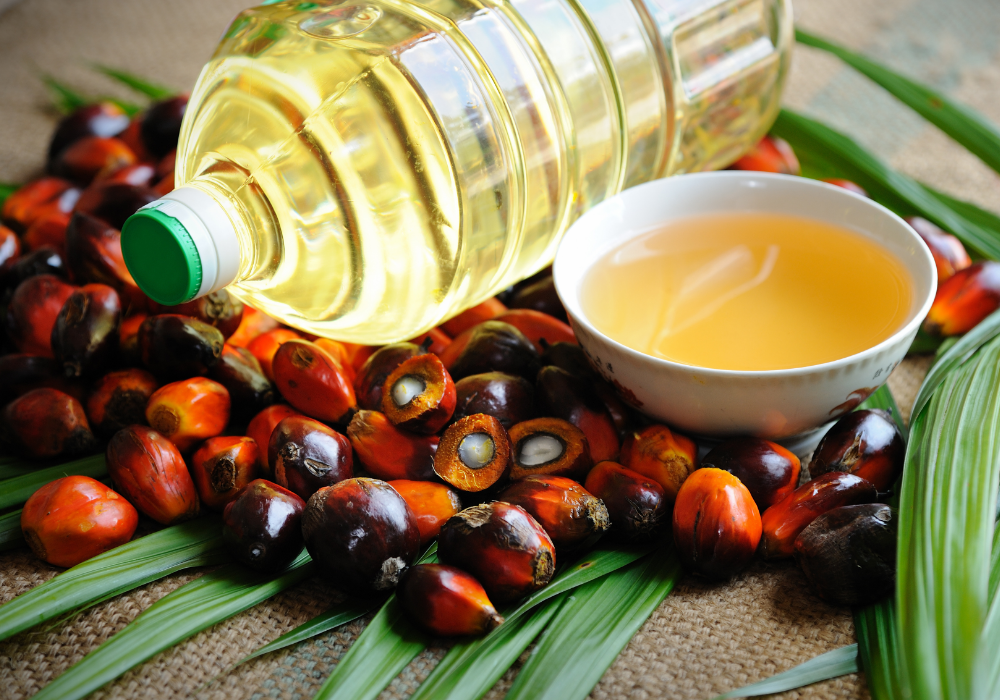
Palm oil is in everything—from chips to candy to instant noodles. It’s cheap, shelf-stable, and incredibly profitable. But behind that convenience is one of the most destructive agricultural systems on the planet. Vast swaths of rainforest in Indonesia and Malaysia have been bulldozed to make way for palm oil plantations, wiping out critical habitats and releasing massive amounts of carbon into the atmosphere.
According to the World Wildlife Fund, large-scale forest conversion for palm oil plantations has destroyed critical habitat for many endangered species, including rhinos, elephants, and tigers. This destruction isn’t just about trees. Indigenous communities are displaced, species like orangutans and tigers are pushed to the brink, and the soil is stripped of life.
3. Many peanuts and cashews are harvested under abusive working conditions.
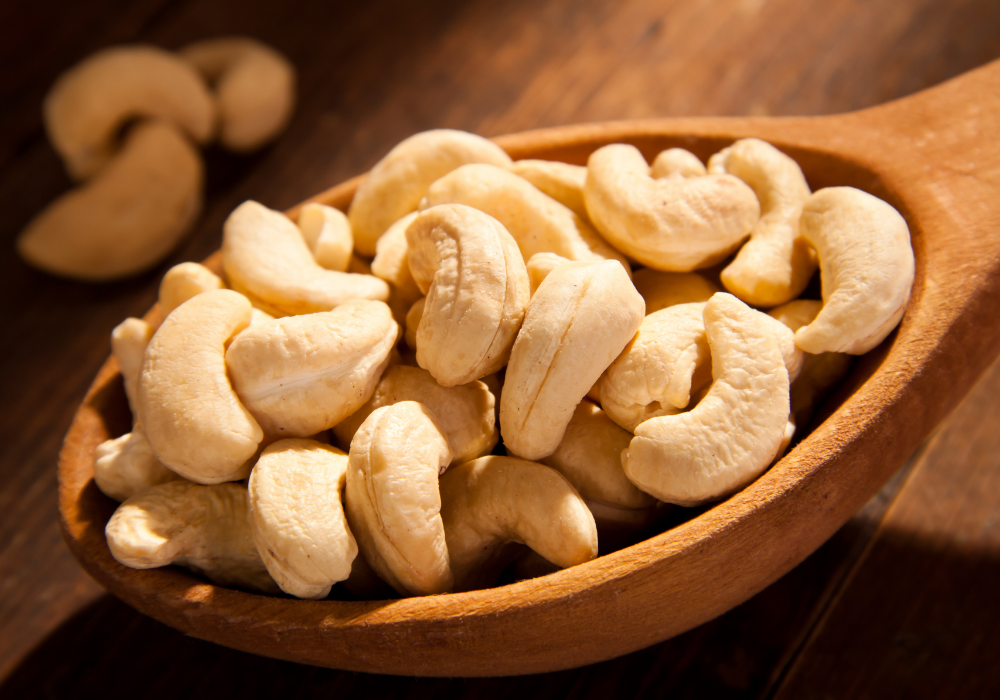
Nuts seem like a wholesome snack—simple, natural, plant-based. But the harvesting process tells a much darker story. Per the Ethical Trading Initiative, preliminary reports indicate serious labor abuses in Vietnam’s cashew industry, including the use of prison labor, child labor, unsafe working conditions, and lack of contracts.
They’re paid next to nothing and work long hours under harsh conditions. The peanut industry isn’t much better. In some regions, child labor and wage theft are common, and farmworkers are exposed to high levels of pesticides.
Because these supply chains are long and tangled, most brands can’t (or won’t) say where their nuts come from or how the workers are treated. Unless a brand is certified fair trade or provides specific sourcing information, there’s a good chance those “healthy” handfuls are built on exploitation.
4. Sugar is sweet, but its supply chain is soaked in injustice.
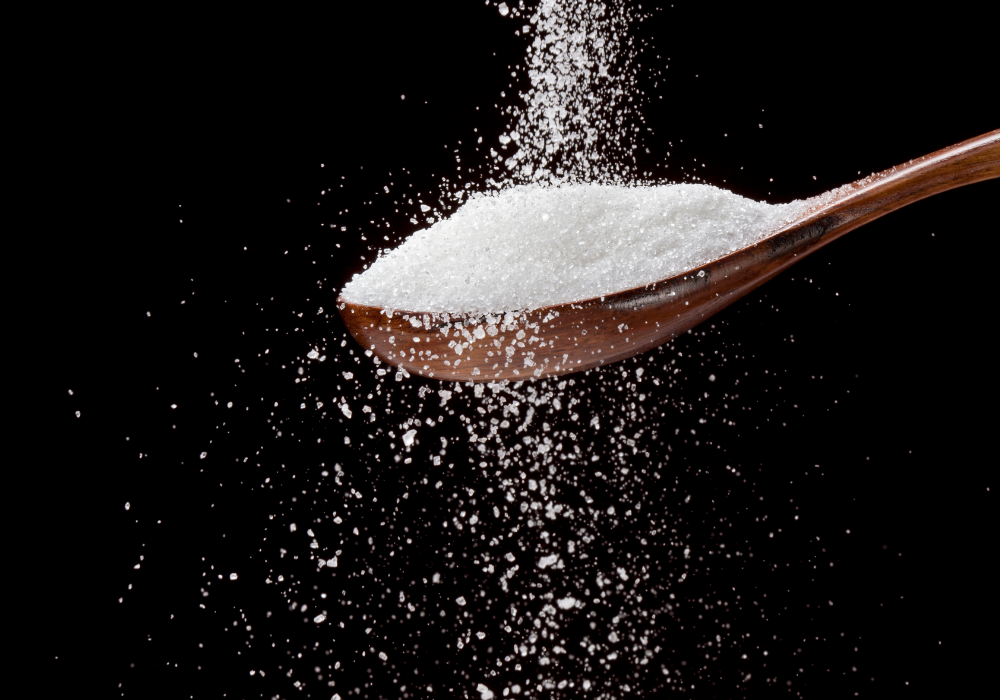
Sugar is in nearly every processed snack, from granola bars to crackers. But it’s not just your teeth paying the price. Across countries like Brazil, the Dominican Republic, and the Philippines, sugarcane workers often face grueling conditions, poverty wages, and dangerous levels of heat with little protection. In some regions, forced labor and debt bondage are still part of the system.
Large sugar companies frequently rely on contractors and sub-suppliers to avoid responsibility for labor abuses, and workers have few ways to report violations safely. Add to that the environmental toll—water-intensive crops, pesticide runoff, and land grabs—and you’ve got a global sweet tooth being fed by injustice. That touch of sugar that makes your favorite snack addictive? It may be the result of someone else’s suffering, buried under layers of corporate distance and silence.
5. That shiny snack wrapper is hiding a pile of plastic waste.
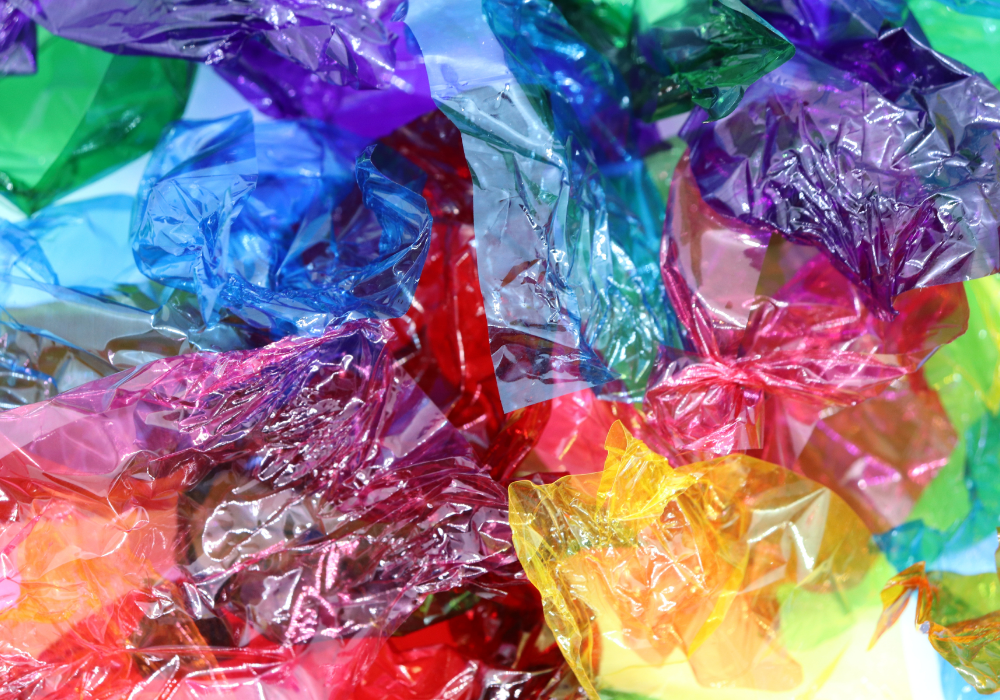
You tear it open, enjoy the crunch, and toss it without thinking. But that little wrapper? It’s probably made from multi-layered plastic that can’t be recycled—and it’ll sit in a landfill (or the ocean) for hundreds of years. Snack packaging is designed to look sleek, not sustainable, and almost all of it ends up as waste.
Multinational food companies produce millions of these wrappers daily. And while they talk big about sustainability, many still haven’t committed to meaningful change. Even “eco-friendly” designs often fail in real-world recycling systems. The result? A growing mountain of single-use plastic waste, much of it ending up in communities that had no say in its creation. So while your snack disappears in five minutes, its wrapper could outlive you by centuries—and that’s no exaggeration.
6. “Natural flavors” are masking some very unnatural practices.

The label says “natural”—so it must be good, right? Not exactly. The term “natural flavors” is notoriously vague, and in the U.S., companies aren’t required to reveal what’s behind it. That could mean extracts derived from real plants… or it could mean ingredients processed with solvents, additives, or animal byproducts.
What’s worse? Many of these “natural” components are sourced from supply chains just as murky as any industrial chemical. Vanilla flavoring, for example, is often linked to exploitative labor in Madagascar.
Citrus extracts can come from farms with serious pesticide runoff issues. It’s marketed as clean and wholesome, but most of the time, it’s just unregulated and opaque. That “natural” touch in your favorite snack might be covering up a supply chain full of shortcuts and secrets—none of which are listed on the label.
7. Cheap snacks often rely on the world’s most underpaid workers.
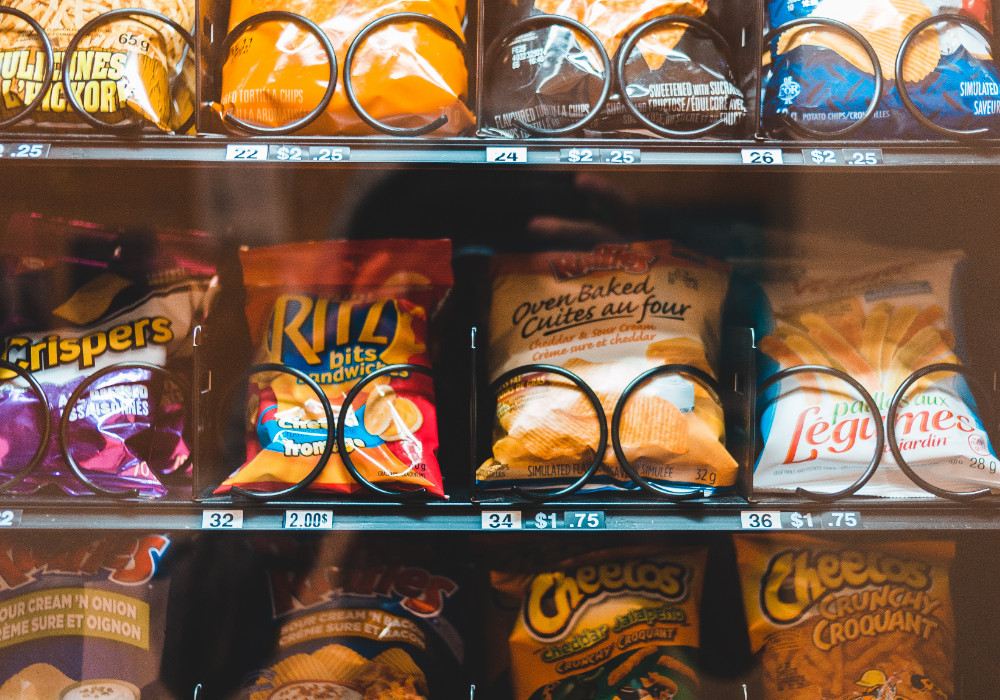
If something’s suspiciously cheap, someone else is probably paying the price. In the world of processed snacks, that “someone” is often a low-wage farmworker, factory employee, or packer operating under exploitative conditions. Many of these workers are migrants, women, or members of marginalized communities with limited legal protection.
From harvesting ingredients to assembling packaged goods, the human cost of cheap snacks is immense. They’re the invisible hands behind your favorite convenience foods—but they rarely earn a living wage or work in safe environments. Food corporations keep costs low by cutting corners on labor, and supply chains are structured to hide the worst abuses from public view. So when you grab a bag of something that costs less than a dollar, ask yourself: who got squeezed so it could be that cheap?
8. Behind every crunchy bite, there might be a pesticide-soaked harvest.
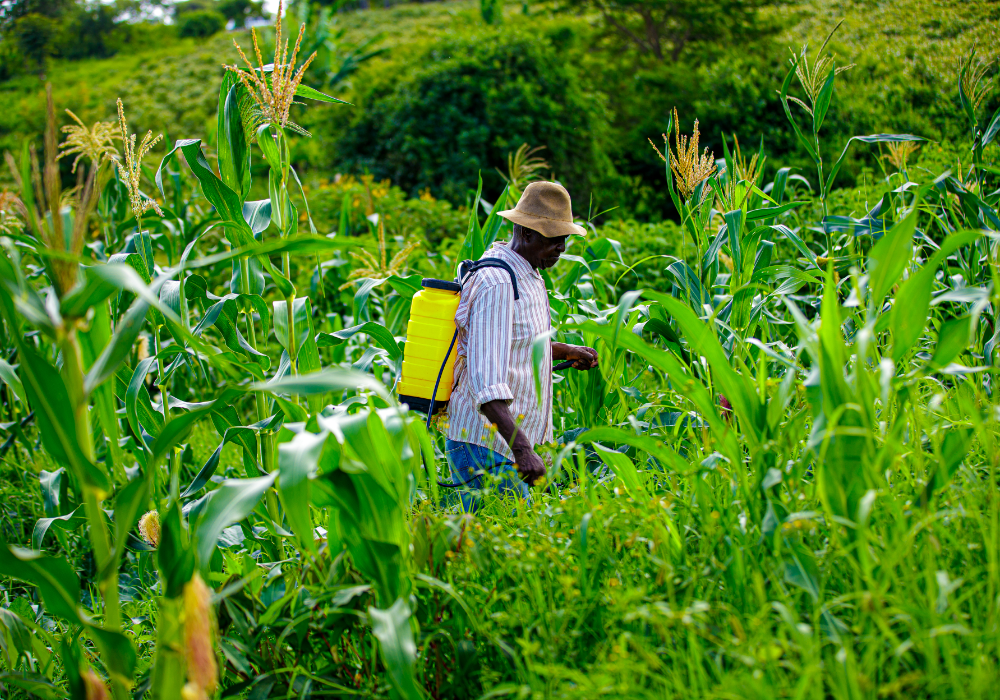
The corn, wheat, soy, and potatoes that make up many popular snacks are often grown using heavy doses of chemical pesticides and herbicides. These chemicals don’t just impact the land—they affect the people who grow and harvest the crops. Farmworkers are routinely exposed to toxic sprays without proper protection, and studies have linked this exposure to respiratory issues, neurological damage, and even cancer.
Communities living near industrial farms also suffer from contaminated air and water. Meanwhile, the snacks made from these crops are stripped, processed, and flavored until they barely resemble the original plant—leaving behind a health-harming system with few benefits and lots of victims. It’s not just about what’s in the snack, but what it took to get it to your hand. That crisp, golden chip may have come from a system built on chemicals and human risk.
9. “Ethical” certifications aren’t always as clean as they look.
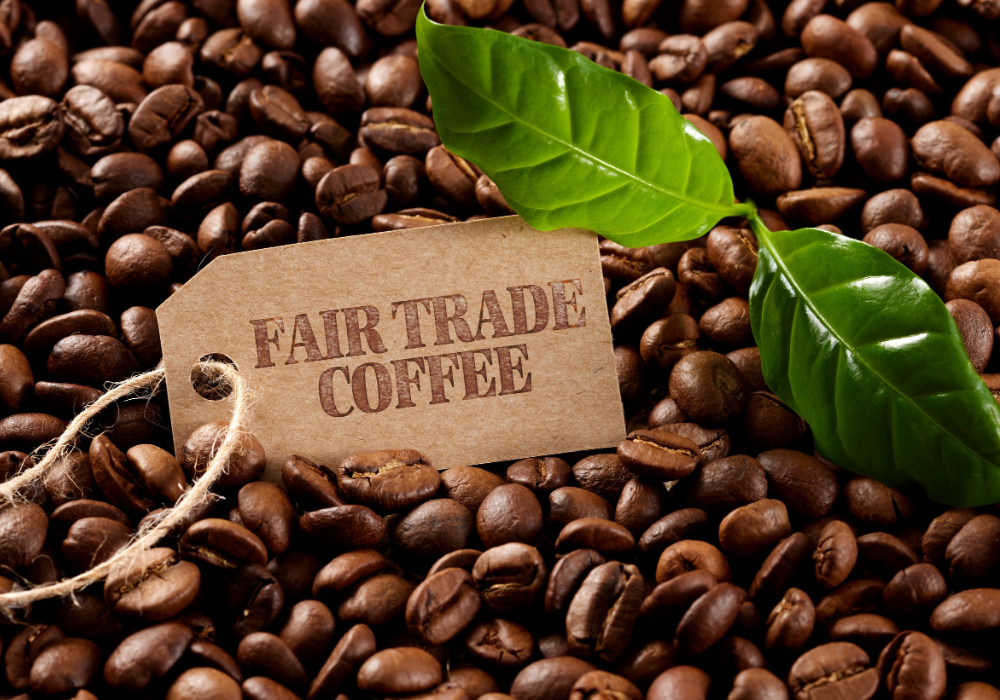
Seeing “Fair Trade” or “Rainforest Alliance” on your snack packaging might make you feel better—but those certifications aren’t foolproof. While many start with good intentions, they’re often underfunded, inconsistently enforced, and sometimes manipulated by the very companies they’re meant to regulate. Some certified farms still face labor violations, unsafe conditions, and environmental shortcuts.
Even worse, some corporations use these labels as a marketing shield—focusing on one “certified” ingredient while ignoring the rest of their unethical supply chain. These stamps can create a false sense of security for consumers, allowing exploitation to hide behind a shiny logo.
While certifications can be a step in the right direction, they’re not a guarantee. The real solution isn’t just labeling—it’s radical transparency, accountability, and consumer pressure that pushes brands to do better than the bare minimum.
10. Flavor engineering is designed to override your body’s natural signals.

Snack companies don’t just make tasty food—they engineer it to hijack your brain. Using high-precision blends of salt, sugar, and fat, along with artificial enhancers, they design products to make you crave more than you actually need. These “bliss point” formulas are tested in labs, not kitchens, and they’re made to override your body’s natural ability to feel full and satisfied.
It’s why you can eat an entire bag of chips and still feel like grabbing another. But here’s the darker side: that drive to keep eating helps companies boost profits while feeding into systems of overproduction, waste, and unhealthy dependency. It’s not just about poor nutrition—it’s about manipulation. Your body’s being tricked, and your habits are being shaped to serve a business model, not your well-being. That addictively perfect crunch was never an accident—it was calculated.
11. Seasonal workers are treated like machines—then discarded.
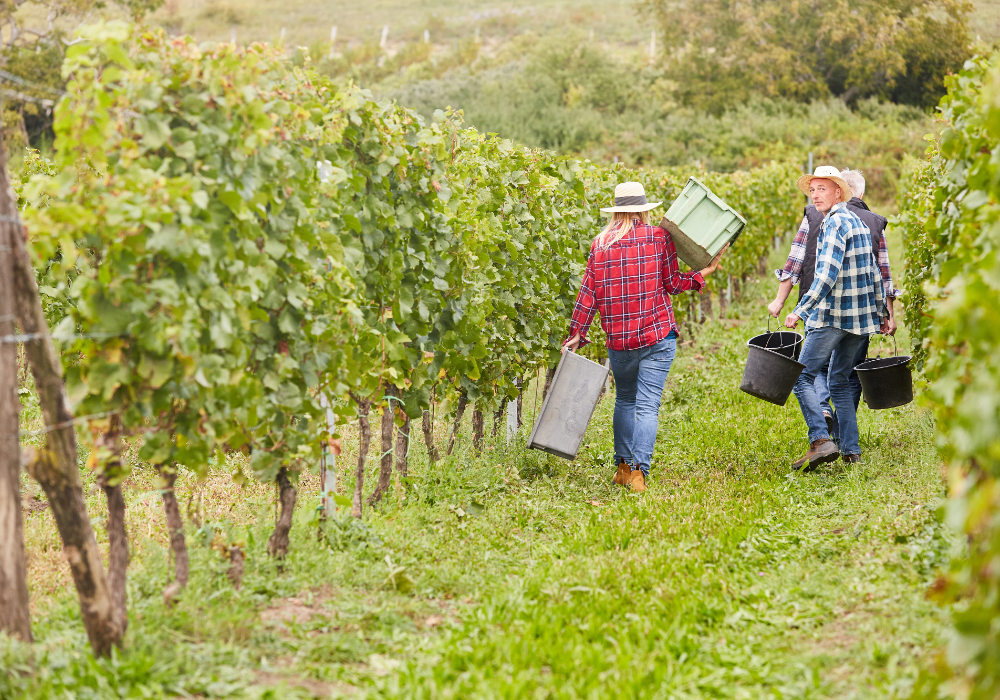
Many of the ingredients in everyday snacks are harvested by seasonal or migrant laborers who travel across regions for temporary farm work. These workers are often paid below minimum wage, denied benefits, and live in overcrowded, unsafe housing. They work long hours in intense heat, with little access to healthcare or protection from injury.
And when the harvest ends? So does the support. There’s no job security, no safety net—just a system that chews through people and spits them out when it’s done. The snacks that show up on shelves year-round rely on human labor that’s treated as disposable. Most companies won’t acknowledge these workers exist, let alone advocate for them. But they’re the backbone of the global food system, and without them, those neatly packaged treats wouldn’t exist.
12. Land grabs for snack ingredients are pushing Indigenous communities out.

To make way for industrial agriculture—especially for crops like palm oil, sugar, and soy—companies often seize or lease vast tracts of land in developing countries. These land deals frequently happen without the free, prior, and informed consent of the Indigenous people living there. Entire communities are displaced, their livelihoods destroyed, their traditions erased—all so multinational corporations can grow ingredients for chips, cookies, and candy.
This isn’t ancient history—it’s happening now. Forests are cleared, rivers are diverted, and ancestral lands are turned into monoculture fields. And the communities forced out? They’re left with nothing. These land grabs are framed as “development,” but they’re a direct assault on Indigenous sovereignty and environmental stewardship.
13. Snack companies are experts at keeping you in the dark.

Transparency isn’t good for business when the truth is this ugly. Most major food companies go out of their way to hide where ingredients come from, how workers are treated, and what environmental shortcuts are being taken. Supply chains are intentionally complex, with layers of subcontractors, vague sourcing info, and loopholes big enough to drive a truck through.
They rely on you not asking questions. On you assuming it’s “not that bad.” On colorful packaging and heartwarming ads to distract from what’s really happening. But the truth is, your snacks don’t just magically appear on store shelves—they travel a long road of exploitation, pollution, and labor abuse. And the more you know, the more power you have to demand better. Because once you see it, you can’t unsee it—and that’s where change starts.